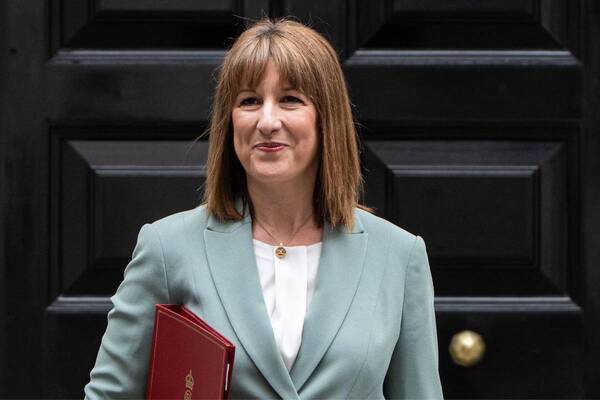Opportunities and next steps for decarbonising social housing
The recent government announcement to cut carbon emissions to 78% of 1990 levels before 2035 demonstrates there is clear ambition to address climate change across the UK. To achieve the 2050 Net Zero target, 5.5 million socially rented homes need to be decarbonised. These homes represent a diverse portfolio of property types and tenants with different needs and will therefore require a wide range of solutions.
Recent Energy Systems Catapult (ESC) research has highlighted that Registered Providers of social housing (RPs) are incorporating Net Zero targets into their plans (es.catapult.org.uk/reports/enabling-smart-local-energy-systems-social-housing-opportunities/). However, there is a lack of consistency on how this is defined, the routes to achieve it, and an overall lack of evidence of how different technical solutions impact other priorities, such as maintenance, comfort, and tenant needs.
ESC are supporting developers of Smart Local Energy Systems (es.catapult.org.uk/service-platforms/energy-revolution-integration-service/), many of which include social housing as potential customers for innovative energy services and products. Our goal is to use the evidence generated to inform Government on what is needed and facilitate the sharing of good practice and knowledge to build successful projects that not only support Net Zero, but also provide wider value to communities such as reducing fuel poverty.
The key challenges identified, based on extensive engagement with those working in and with the social housing sector are:
- Lack of clarity of what Net Zero means for RPs
- Current Net Zero targets are generally based solely on EPC ratings, which do not represent the benefits of low carbon technologies
- The availability of financing and funding for RPs is limited. Net Zero projects are a challenge to justify above usual maintenance improvements
- The quality and availability of the data required to assess suitable decarbonisation steps are not available
The proposed recommendations for three key stakeholder groups, National Government, Registered Providers of social housing, and technology developers based on our engagement include:
National Government
- Take the lead on clarifying what Net Zero means for RPs and engage to develop suitable strategies to achieve this
- Review SAP/EPC methodology to reduce bias towards gas and ensure investment choices are strongly aligned with Net Zero
- Target funding towards Net Zero outcomes, rather than building fabric improvements or specific technologies
- Review innovative financial mechanisms and develop a programme that includes innovation projects so that they can be scaled via large-scale investment programmes
Registered Providers of Social Housing
- Actively engage with the Department for Business, Energy, and Industrial Strategy (BEIS) Social Housing Decarbonisation Fund to access potential opportunities and support
- Share experience and lessons learned with other RPs to build awareness and good practice
- Engage with innovative energy developers to ensure they understand challenges and requirements, and can incorporate these into business models and potential partnerships
- Identify the value that additional data and improved data quality can offer with regards to housing types, condition, and tenant energy use
- Gather improved data on retrofit projects, such as monitoring the impact before and after, tenant feedback, and ongoing maintenance impacts.
Developers of energy services and products
- Clearly communicate value and revenue potential of proposed business model to RP. Include impact to maintenance costs and time, reduction of technical risks, potential for increased revenue and tenant satisfaction, as well as decarbonisation
- Engage early with RPs in development process to incorporate their requirements into the commercial model
- Ensure proposition is able to provide additional support, such as through improved data collection and insight analysis
One example of a developer proposing a potential solution that addresses a number of these key challenges is Solopower.
SMS plc has unveiled a new solution that aims to radically reduce carbon emissions of the UK’s social housing stock. Through Solopower, SMS will partner with local councils and housing associations to significantly upgrade the energy performance of social accommodation, delivering solar generation, battery storage, and smart meters to landlords and their residents at zero upfront cost.
In deploying these home energy technologies – which are intelligently controlled and optimised by SMS’s FlexiGrid™ aggregation software – Solopower can decarbonise housing electricity by approximately 90% per home. The solution will thereby contribute to the enhancement of Energy Performance Certificate (EPC) ratings and reduce tenant electricity bills by up to 25%.
Dr Anna Stegman, Technical Manager, ERIS, Energy Systems Catapult



